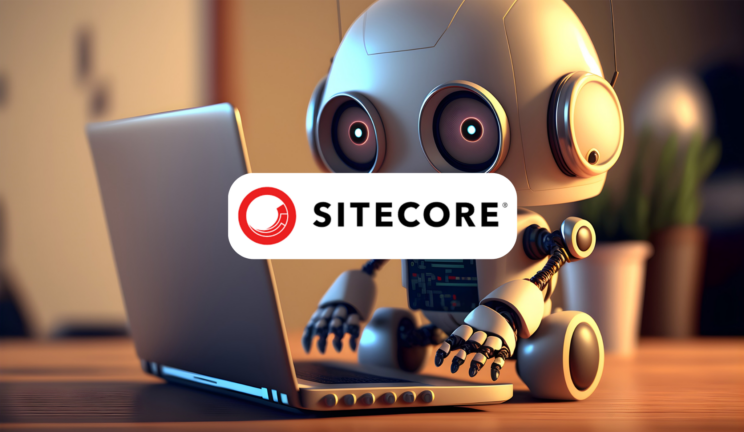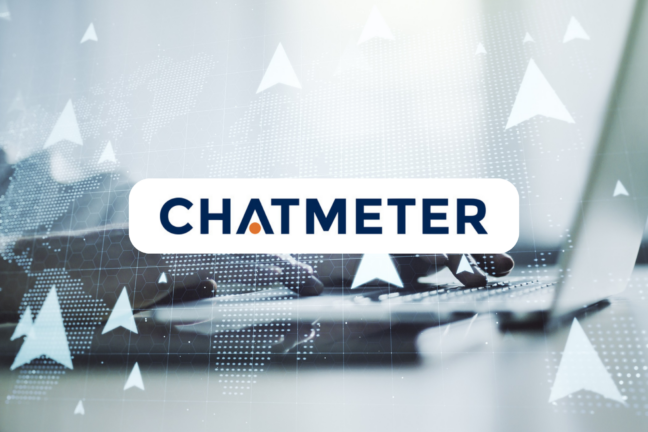Employees are becoming increasingly concerned regarding the uncertain role of AI in the workplace, despite its growing prevalence in our society. The ambiguity surrounding AI's impact is causing some employees to feel uneasy and unsettled.
According to recent research conducted by Qualtrics, executives show the highest level of anticipation regarding the potential impact of AI, with 64% expressing excitement. However, among individual contributors, only 39% share the same sentiment, while a larger portion, 46% of them, consider the potential impact of AI to be scary. In comparison, 30% of executives also share this apprehension.
“The excitement among executives about AI is not surprising given the promise of more efficiency, but the concerns of employees are also well-founded. Organizational leaders would be wise to remember that at their roots, organizations are simply groups of people and the bigger promise of AI is to help people be happier, healthier, and more productive at work - outcomes that benefit everyone,” said Dr. Benjamin Granger, Chief Workplace Psychologist , Qualtrics.
The rapid adoption of GPT technology has been remarkable, with numerous users eagerly embracing its potential. However, this accelerated pace has presented challenges for business leaders who are striving to comprehend how their organizations can harness the benefits of this emerging technology. One potential area where GPT technology can be leveraged is in addressing inefficient processes and outdated technology, which can alleviate symptoms of employee burnout and improve overall productivity.
Two-thirds of executives hold the belief that AI will bring about a positive impact on the overall employee experience. However, the same optimism is shared by only 35% of individual contributors, while 31% of them express concerns that AI will have a negative effect.
With increased productivity come increased expectations
Employees tend to highlight the potential positive impacts of AI technology in the workplace, with a particular emphasis on productivity improvements. This includes automating repetitive tasks, allowing employees to dedicate their time to more intricate work. Additionally, AI's ability to facilitate faster and more advanced data analysis is also recognized as a valuable asset by employees.
As AI technology takes over repetitive tasks, workers anticipate that they will be required to increase their productivity levels at work. This sentiment is supported by 30% of executives, who believe that the integration of AI into the workplace will significantly heighten expectations for employee productivity.
The primary concerns expressed by workers regarding the impact of AI technology relate to the potential loss of the human element in their work, with 55% of employees highlighting this as a negative effect. Additionally, 52% express apprehension about the possibility of AI leading to a decline in their critical thinking skills.
Job security is the main concern
A significant concern among employees is the potential for AI to replace jobs completely. As many as 68% of employees feel that certain jobs are at risk due to the influence of AI, and 23% express the concern that their own jobs may be jeopardized as well.
Amidst the rush of companies to adopt AI technology, employees are experiencing a sense of confusion regarding its implications for their roles. Nearly 60% of employees report that their company either lacks a policy on AI usage or they are unaware of any existing policy. For this reason, employees are left to navigate the boundaries of what is permitted or prohibited regarding the utilization of AI on their own.
Meanwhile, Qualtrics has recently unveiled Customer Journey Optimizer, a solution that combines journey analytics and orchestration, to assist businesses in pinpointing crucial touchpoints and areas of dissatisfaction along the customer journey.










